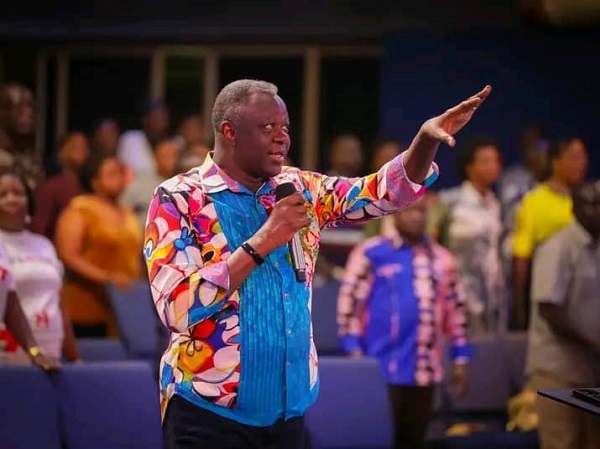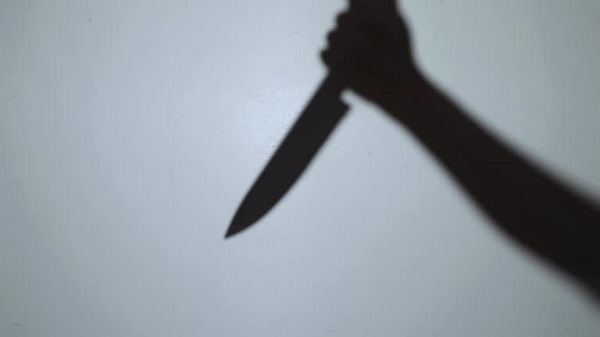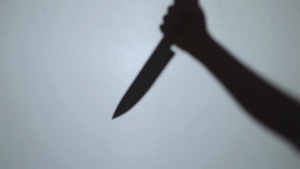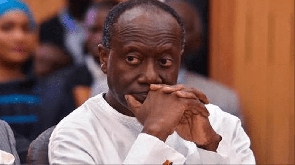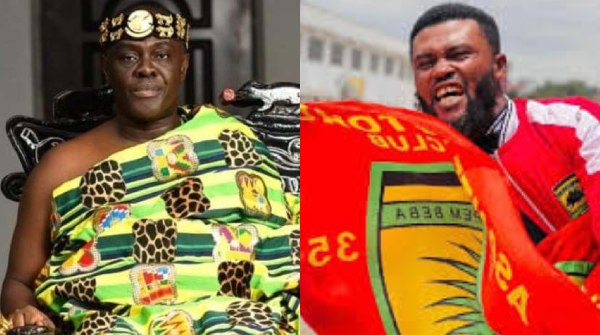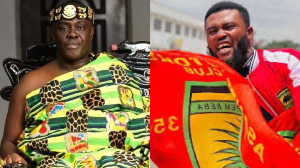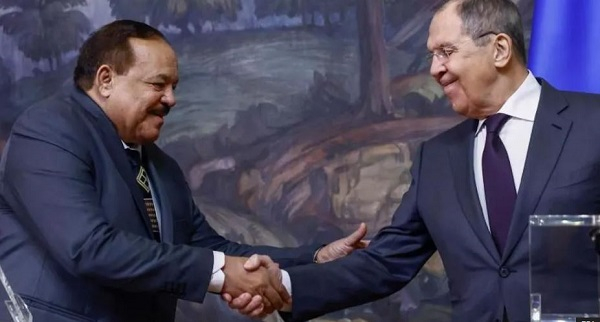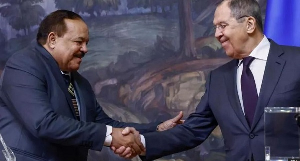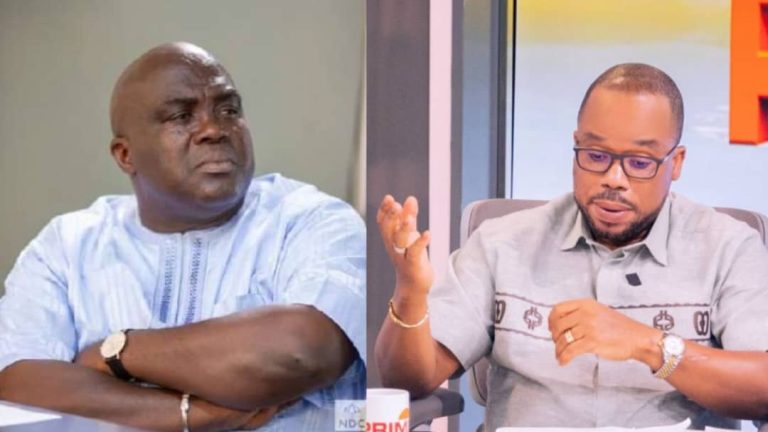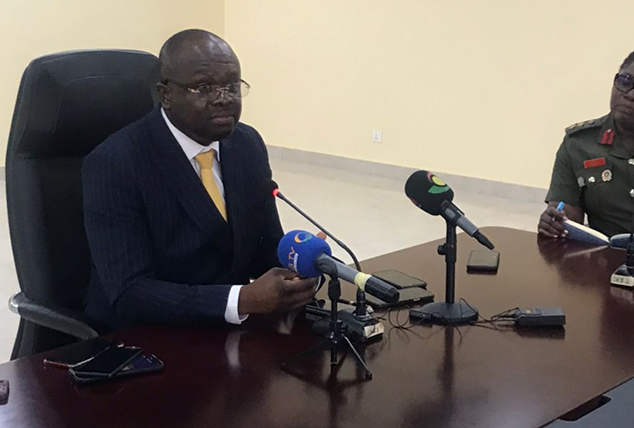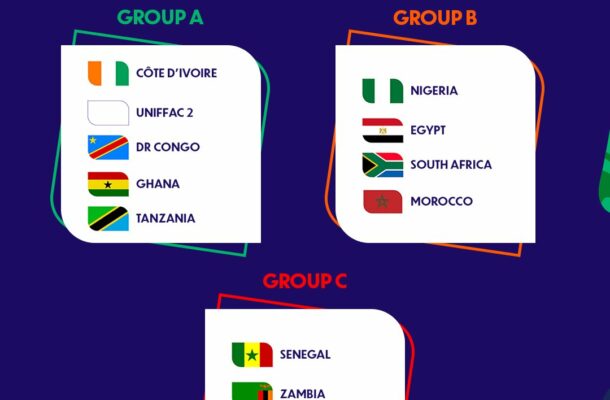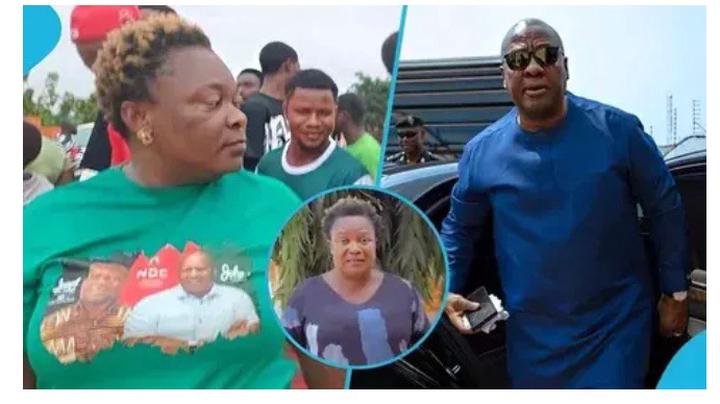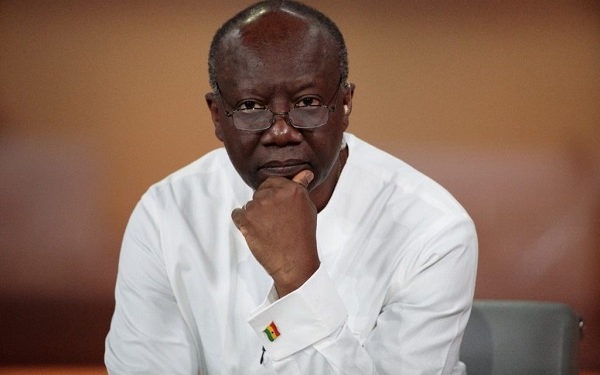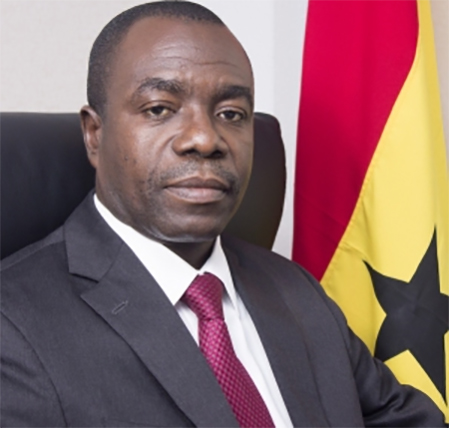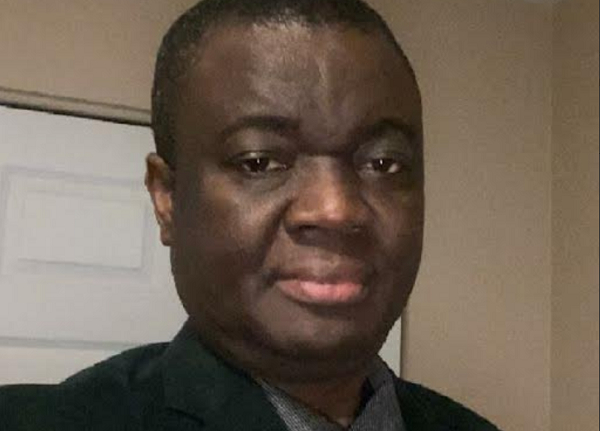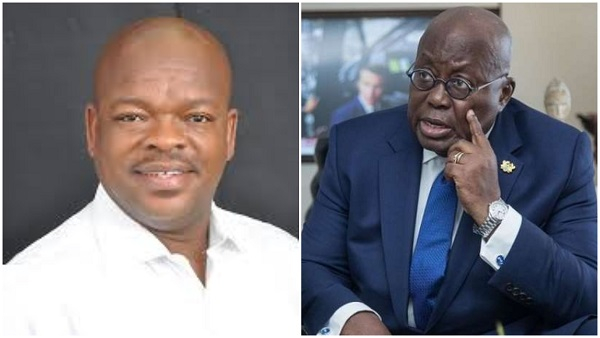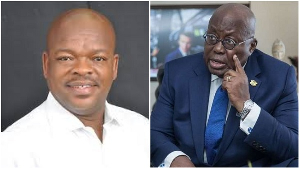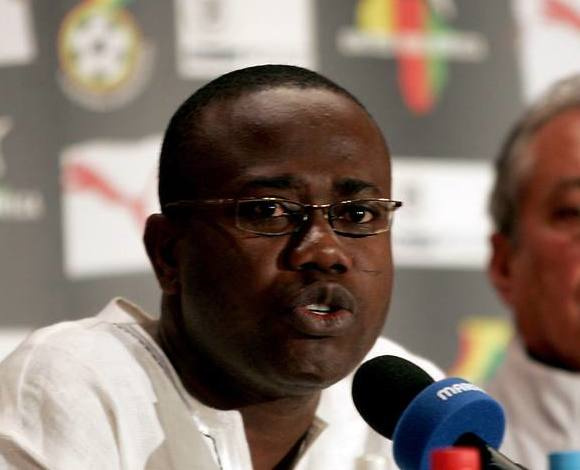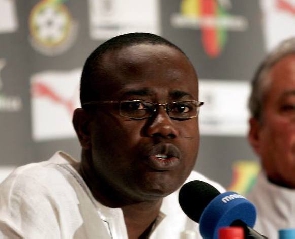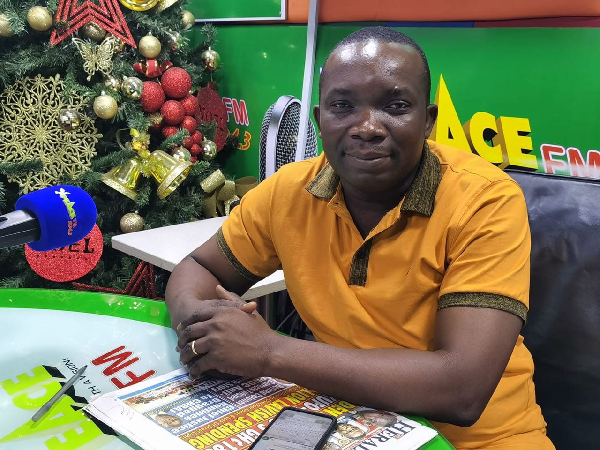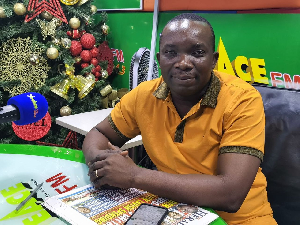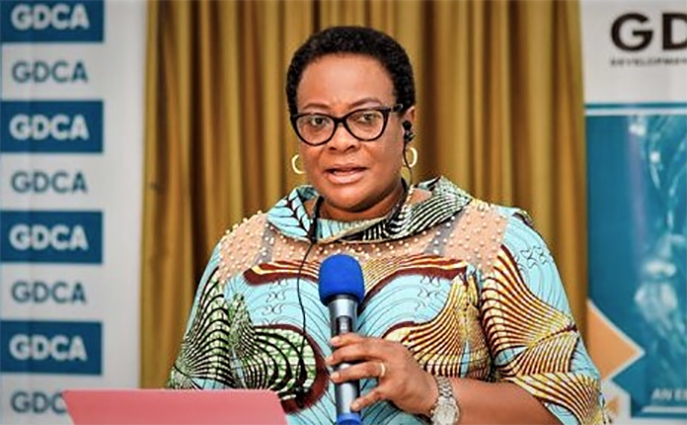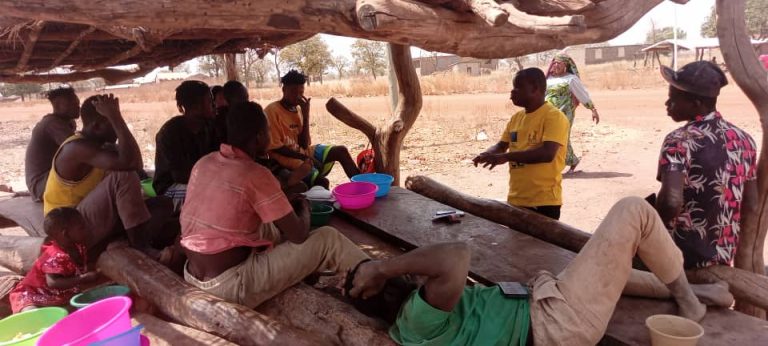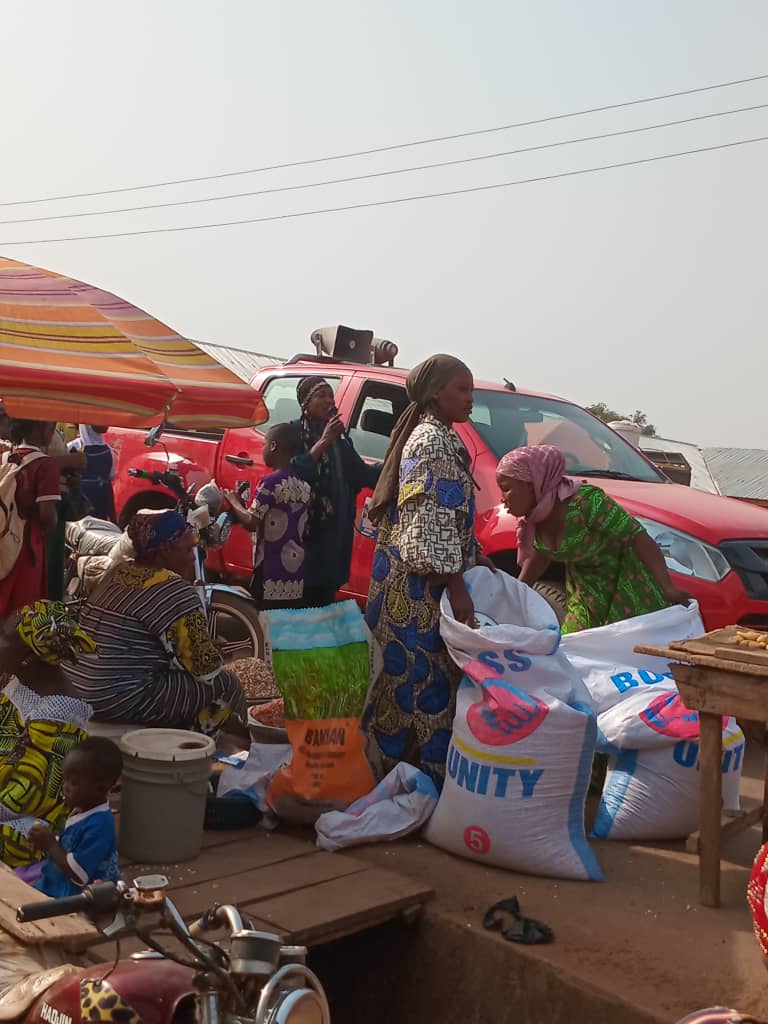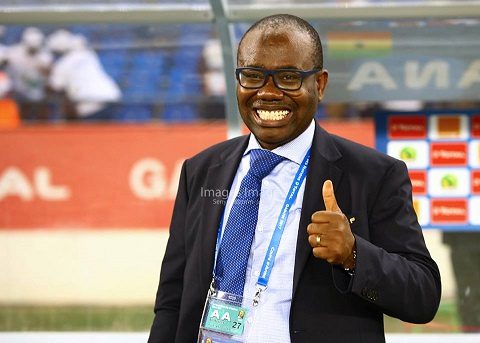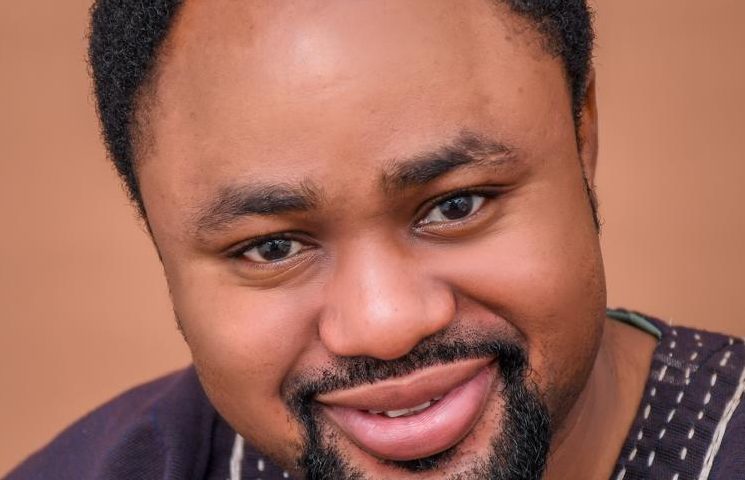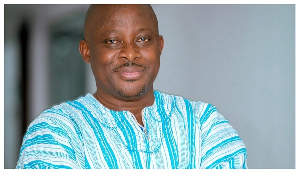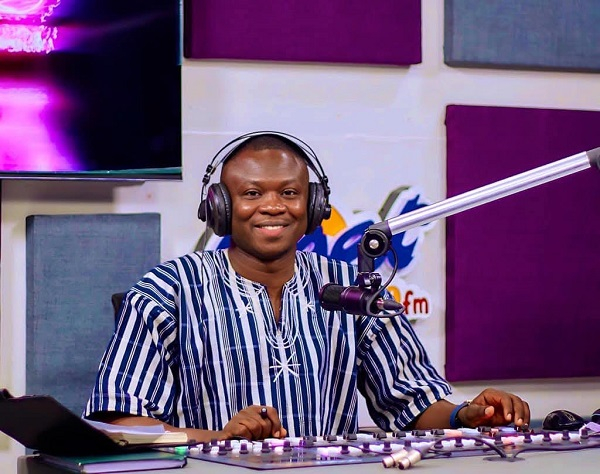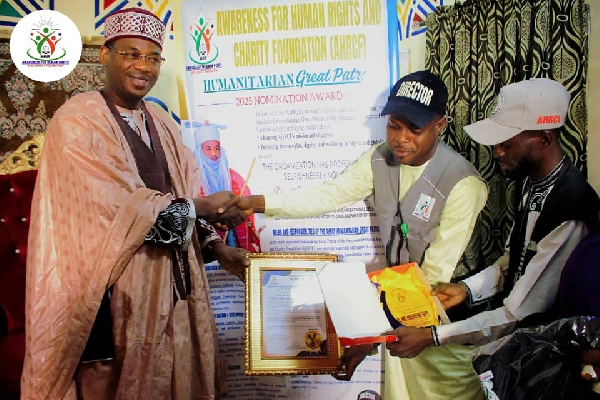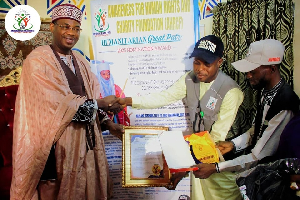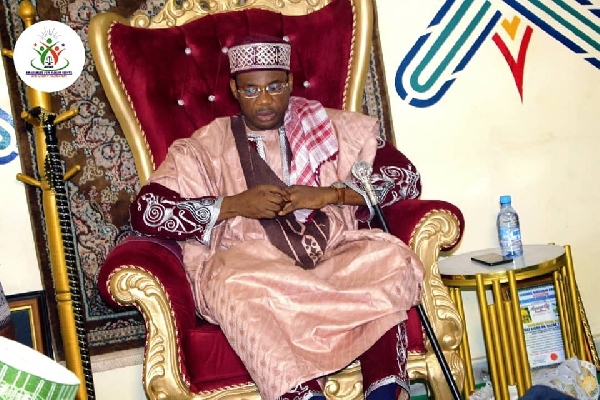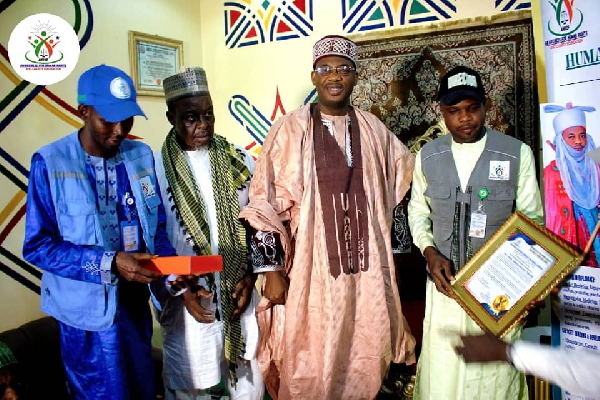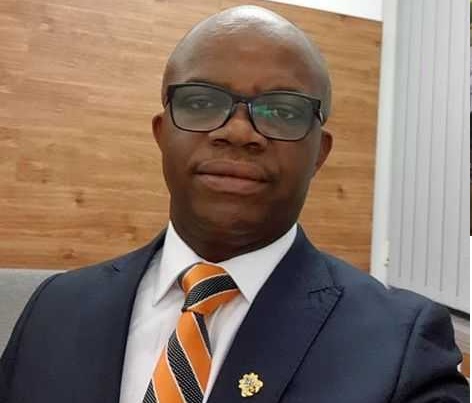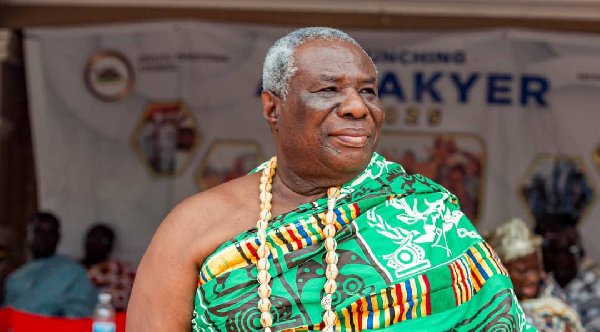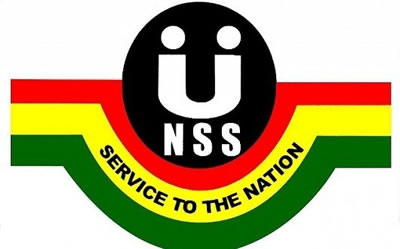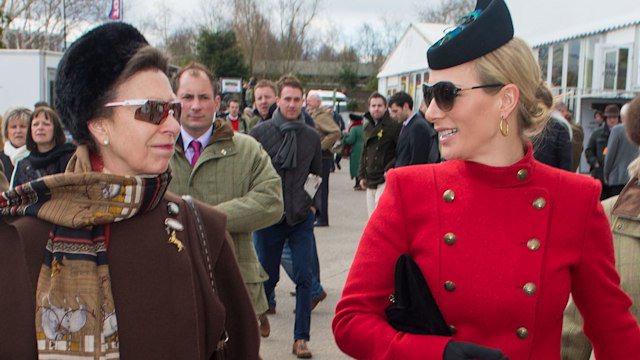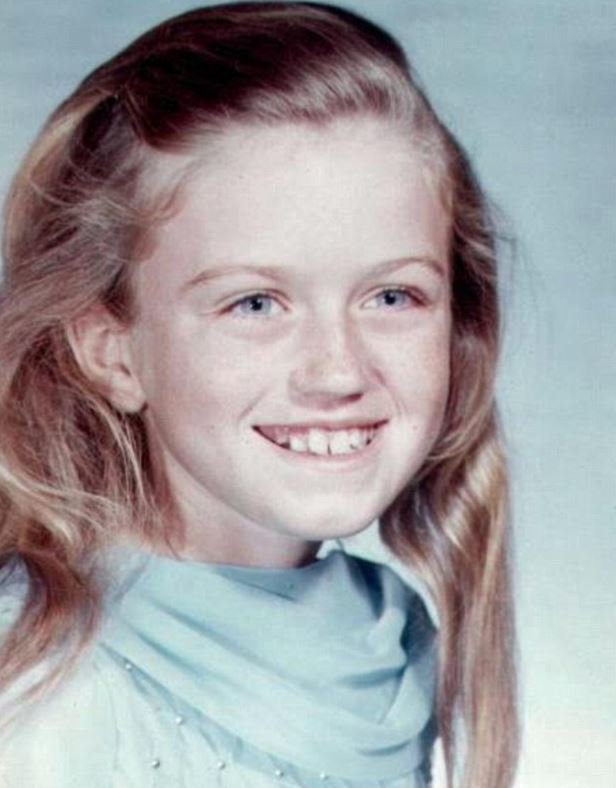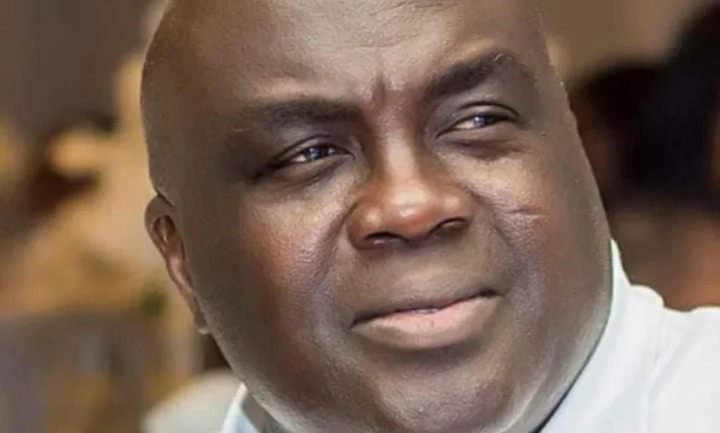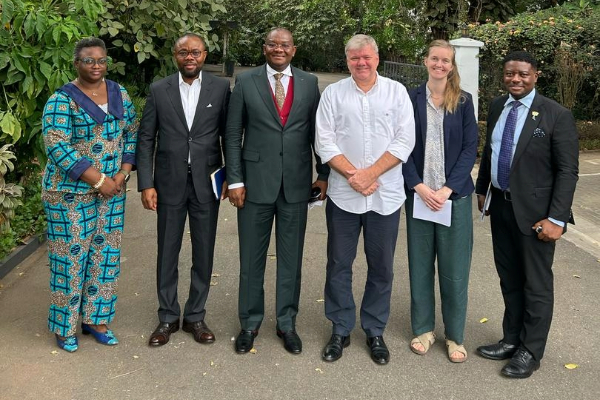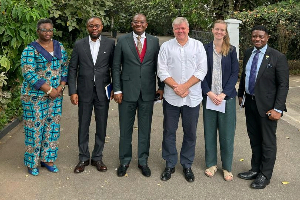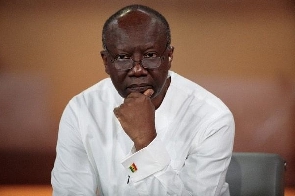South Africa appears to be at a crossroads in its waxing and waning relationship with the US following President Donald Trump’s controversial decision last week to cut financial aid to the country.
Trump said South Africa was pursuing what he called “unjust and immoral practices” against the white minority Afrikaner community by filing a genocide case against Israel in the International Court of Justice (ICJ) in December 2023.
His move has sent shockwaves across South Africa, with experts fearing he may go on to use this opportunity to end preferential access to the US market through its special US-Africa trade programme known as the Africa Growth and Opportunity Act (Agoa).
The two countries have generally had friendly relations since the end of white-minority rule in 1994 when anti-apartheid icon and Nobel Peace Prize winner Nelson Mandela was elected South Africa’s first black president.
Though it took the US another 14 years to remove Mandela from its “terrorist watch list” for his role in fighting the racist system of apartheid, which had been introduced by South Africa’s then-Afrikaner rulers in1948.
The latest tension flared up a few days after Trump’s inauguration last month when South Africa’s President Cyril Ramaphosa signed into law the Expropriation Bill, which allows the government to confiscate land without compensation in certain circumstances.
Trump’s response came last week when he threatened to cut future funding over what he termed “terrible things, horrible things” the country’s leadership was doing.
The US president further accused South Africa, without any basis in fact, of “confiscating land” and “doing things that are perhaps far worse than that”.
He doubled down in the face of the South African government’s vehement rebuttal and signed an executive order last Friday freezing aid.
This adds up to nearly $440m (£353m) – the amount of aid reportedly allocated in 2023 – though the US embassy in South Africa has subsequently said that funding from Pepfar, an American programme countering the global spread of HIV, will not be affected, adding the caveat that “not all Pepfar activities will resume”.
South Africa is one of the biggest beneficiaries of Pepfar, which contributes about 17% to its HIV/Aids programme in which around 5.5 million people receive anti-retrovirals.
In his executive order, Trump also accused South Africa of a “shocking disregard of its citizens’ rights” and taking “aggressive positions” against the US and its ally Israel in its ICJ case.
In addition to the aid freeze, Trump offered to help refugees from the Afrikaner community, who are most white descendants of early Dutch and French settlers, to settle in the US.
His stance has played into the hands of conservative Afrikaner lobby groups, including AfriForum and Solidarity, which want the government repeal what it calls “race-based laws” such as affirmative action and black economic empowerment.
This chimes with views by Trump’s close adviser Elon Musk, the tech billionaire who was born in South Africa. He questioned on X why Ramaphosa had “openly racist ownership laws”.
This is not the first time South Africa’s land reform policy has drawn Trump’s ire.
In 2018, during his first presidency, he accused South African authorities of the “large-scale killing of farmers” and asked his then secretary of state to look into the matter of the government “seizing land from white farmers”.
While Trump’s remarks sparked a backlash at the time, Dr Oscar van Heerden, a political analyst at the University of Johannesburg, told the BBC there had “never been this kind of radical action taken to the point of an executive order being signed”.
With their relationship now in a precarious state – both countries are weighing up their next move.
On the trade front, Donald MacKay, CEO of Johannesburg-based trade consulting firm XA Global Trade Advisors, said that while the US was one of South Africa’s biggest partners, it was not its “closest trading partner”.
South Africa exports a variety of minerals to the US, including platinum, iron and manganese.
It is also one of the largest exporters under Agoa, generating about $2.7bn in revenue in 2023, mostly from the sale of vehicles, jewellery and metals.
“Over the years, that relationship has waxed and waned. It’s never been strong [since white-minority rule ended in South Africa]. But at the same time, I think it also never deteriorated quite as much as it has in recent years and I don’t think it’s South Africa’s fault,” Mr MacKay told the BBC.
But he admitted South Africa had done “a lot” in recent years to irritate the US.
“Those irritations get to accumulate and under President Trump… this is seen as an opportunity to put South Africa in its place.”
Dr Van Heerden put the change in dynamics partly down to “global shifts” and “new competition driving up against the US” from the likes of China, India and Brazil.
While experts spoke on the benefits of Agoa, which is coming up for review later this year, they agreed that the impact might not be as significant as some fear.
Agoa was introduced in 2000 and it gives eligible sub-Saharan African countries duty-free access to the US for more than 1,800 products.
Mr MacKay said he would be surprised if South Africa continued benefiting from this preferential agreement after the review.
“My instinct is, whatever the reason that Trump is upset with South Africa, at the moment Agoa would be the easiest mechanism to use to punish South Africa.”
Dr Van Heerden added that even if agreement was not renewed, or South Africa ended up being excluded, those businesses currently benefiting from it would suffer short-term losses but would manage to bounce back in a few years.
He said at the moment President government was opting for the diplomatic route – though the Trump administration’s seeming lack of interest in diplomacy drastically reduced chances of success.
This has probably not been helped by South Africa’s Foreign Minister Ronald Lamola blunt response on Wednesday to Trump’s move, saying there was “no chance” that South Africa would withdraw its case against Israel at the ICJ.
“Standing by our principles sometimes has consequences, but we remain firm that this is important for the world, and the rule of law,” Lamola told the Financial Times.
South Africa has accused Israel of committing genocide against Palestinians living in Gaza, an allegation Israel denies.
Meanwhile, Ramaphosa, in his capacity as G20 president, has announced he will be sending a delegation around the world to clarify South Africa’s domestic and foreign policies – with Washington being a key stop.
South Africa assumed the presidency of the G20, a cohort of countries that meet to discuss global economic and political issues, in December last year, seeing it as an opportunity to bolster its international standing.
But in a snub to South Africa, US Secretary of State Marco Rubio has announced that he will not attend a G20 meeting of foreign ministers taking place next week in Johannesburg.
“My job is to advance America’s national interests, not waste taxpayer money or coddle anti-Americanism,” he said.
South Africa is part of Brics, and alliance of major developing countries including Brazil, Russia, India and China, that is attempting to challenge the political and economic power of the wealthier nations of North America and Western Europe.
Mr MacKay believes it will be difficult for South Africa and other nations to navigate relations with the US under “the most unpredictable politician in the world”, suggesting that they will have to increasingly see Brics as an alternative partner.
But significantly for South Africa, the European Union (EU), one of its largest trading partners, has reaffirmed its support.
António Costa, president of the European Council – which sets the general political direction and priorities of the EU – posted on Monday that he had spoken to Ramaphosa by phone to highlight the “EU’s commitment to deepening ties with South Africa”.
Should South Africa’s charm offensive fail, Mr Van Heerden suggests the government could opt to “negotiate hard” and use the minerals it supplies to the US as a “bargaining chip”.
But he voices a warning: “South Africa is going to have to think very carefully about how they play this chess game where the opening gambit has already been made by President Trump and Elon Musk.”
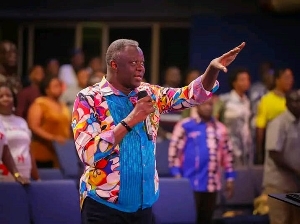 Founder of Eastwood Anaba Ministries, Reverend Eastwood Anaba,
Founder of Eastwood Anaba Ministries, Reverend Eastwood Anaba,